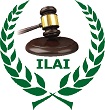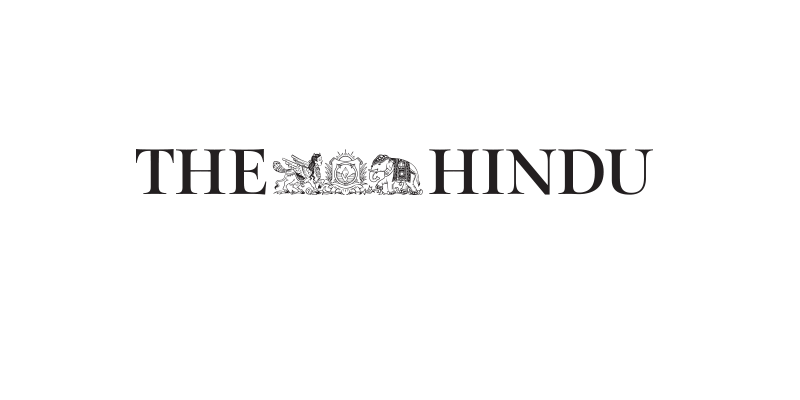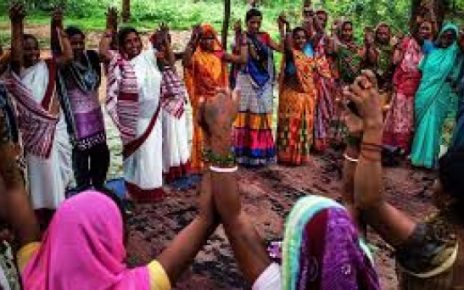The Hindu
08 October 2020
Indigenous people call upon govt. issued ahead of its meeting with leaders of 6 communities
An indigenous lawyers’ collective has called upon the Assam government not to “destroy the tribal communities” of the State by granting Scheduled Tribe status to six non-tribal communities.
The Indigenous Lawyers’ Association of India (ILAI) made the appeal ahead of a meeting between the group of Ministers headed by Himanta Biswa Sarma and leaders of the six communities on October 8.
The six communities demanding ST status in Assam are Koch-Rajbongshi, Tai-Ahom, Chutia, Matak, Moran and Tea Tribes.
“There are communities among the six who have never been considered as tribes by any government or anthropological study and they do not possess any characteristics that tribal people do. Hence, the Assam government’s proposed inclusion of some socio-economically advanced and populous communities in the list of STs is mala fide and it shall eliminate the very concept of ‘tribals’ in India,” ILAI president Dilip Kanti Chakma said on Wednesday.
“Some of these communities are identified as Other Backward Classes (OBCs) and there is no provision in law to transport them from OBC to ST. While the OBC categorisation is based on caste, the STs are totally on a different footing,” he added.
If these communities are included in the list of the STs, the social and educational well-being and political representation from Gram Sabha to the Lok Sabha of the existing STs of Assam shall be affected and the already marginalised STs shall be further marginalised, the ILEA said.
Groups such as the All Assam Tribal Sangha and the Coordination Committee of the Tribal Organisations of Assam have been opposing the move to grant ST status to the six communities, specifically the Koch-Rajbongshi and Tai-Ahom who reigned over large swathes of present-day Assam, Bangladesh and West Bengal during the medieval period.
The tribal groups have been pointing out that granting ST status to the six communities would violate India’s assurances to the United Nations (UN) to obtain free, prior and informed consent of the indigenous people before adopting and implementing any legislative measures that are against the provisions of Article 19 of the UN Declaration on the Rights of the Indigenous Peoples.
India had supported the declaration adopted by the UN’s General Assembly on September 13, 2007.



